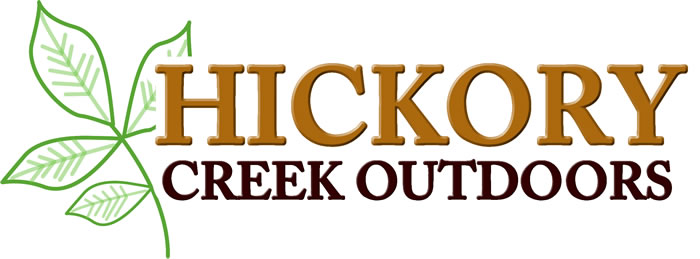How does Sustainability apply to landscape?
Sustainability generally refers to how much water and care plants need to thrive without human intervention. A sustainable landscape is one that is designed to prevent soil erosion and uses natural rain to irrigate.Why are you mowing the grass so high?
Good question! In the Piedmont Triad region, we typically use tall fescue grass, which performs best when it is weed-free. Taller grass means thicker grass that prohibits and chokes out most weeds when it is well established and mowed at 3.5-to 4-inches in height.How often should I water newly installed plants?
New plants will need watering every 2 to 3 days after install for about 2 weeks, then about every 4 to 6 days for another 2 to3 weeks depending on the time of year and the type of plant.Why do I need to water my plants so much?
Plants that have just been installed generally come from a nursery where they have been establishing their root system in a container. The soil that is used at most nurseries is made up of sand, potting soil and mulch like small pine bark nuggets or peat moss. These products are ideal for nursery settings, but after the plants are removed from their containers and installed, it takes some time for the root system to develop in the soil. Since the material the plants are potted in dries out very quickly, and the roots have yet to establish in the soil, more hydration is required. Once the plants begin establishing, they will pull water from the soil.What type of grass performs the best in our area?
Tall fescue is the most desired grass and generally performs the best when properly planted and maintained.Should I use sod or try to establish grass from seed?
Sod is expensive, but pays off instantly with grass. There is no waiting period required to find out whether grass seed will germinate.Why do I need to aerate my lawn?
Tall fescue grass performs best when there is a little thatch at the base of the plant. There are several ways to aerate, but most of the time, we use core plucking techniques. This results in good air exchange for established grass and better germination when establishing grass in weak areas.When should I fertilize my lawn?
Twice a year with a good quality, slow-release fertilizer is best. If you are performing this task yourself, be sure to read the label and follow directions because applying too much can damage your lawn. While it may look great at first, too much fertilizer can cause serious issues later on and lead to brown patch fungus. Plus, run-off of unused fertilizers in storm water is a big concern for the environment.How much fertilizer do my plants need?
Consultation with a professional landscape company like Hickory Creek Outdoors is necessary to make these types of recommendations because there are too many variables and one size definitely does not fit all.Are natural herbicides effective?
Companies that sell them say they are. Our experience is that they are not as effective as popular products like Round Up, available in any big-box garden center.Are herbicides dangerous to my health or for my pets?
Read the labels and pay particular attention to warnings, which will describe how long humans and animals should stay off treated areas. If a professional has treated your landscape with herbicides they should be able to advise you.Which herbicide is the best for me?
No one herbicide is effective on everything and certain weeds and pests will not respond to Round Up-type products alone.My lawn was treated for broadleaf weeds yesterday and I have not noticed the weeds dying yet. Why?
Time of year, product type and the type of weed are all considerations. Some products work very quickly in the right environment. Others take more time.Why should I mulch my plant beds?
Done properly, mulch will help prevent weeds. It also helps hold moisture in the ground for your plants.What type of mulch should I use?
All natural mulches have positive and negatives aspects, so the type of mulch used is often a result of personal preference. That said, at Hickory Creek Outdoors, we recommend natural mulches like pine needles or some type of bark mulch.




